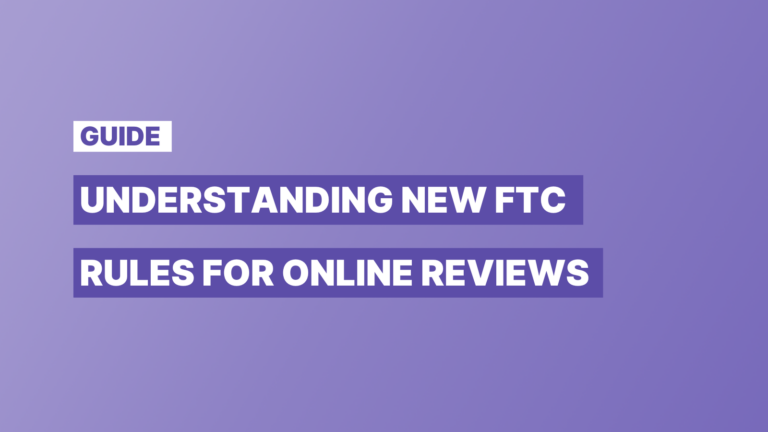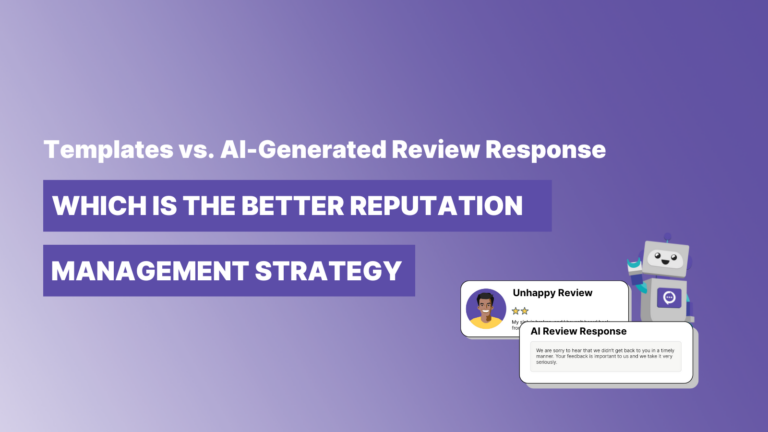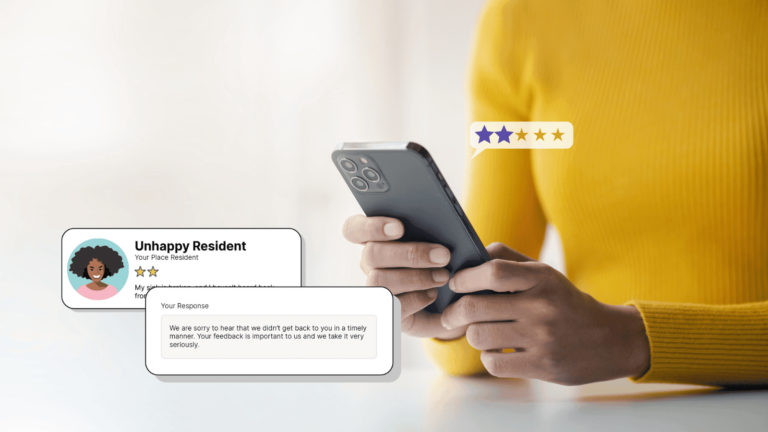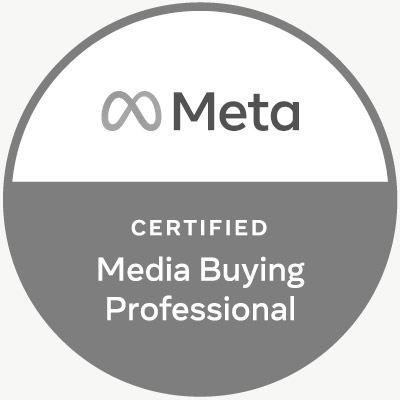
What takes years to build and seconds to destroy? The answer is your reputation.
Most people begin their search for a senior living community on the internet, so it’s more important than ever to make sure your online reputation is a good one.
But as a result of online reviews and other information that’s easily available with a few clicks of a mouse, you no longer have complete control about what’s said about your community. This is where online reputation management comes in.
A 2015 consumer study showed that more than 90% of consumers read online reviews, and nearly 70% say positive reviews help them trust a business more.
Further, only 37% of senior living communities monitor their online reputation, according to Senior Housing News. So, those who do may have an edge in this competitive industry.
Aside from getting a leg up, why is online reputation management important when it comes to senior living?
First, it’s crucial to establish trust with prospective residents and their families. Residents are likely to live in the community for years to come, and families want to be sure their loved ones will enjoy living there.
Also, having a good online reputation can help your business grow and thrive so you can provide better service to your residents. Research by Caring.com has found that communities with 15 or more reviews convert leads five times better than those that only have one or two reviews, and they get seven times more tours and eight times more move-ins.
Here are a few steps you can take to monitor and improve your online reputation.
Step 1: Use Google alerts
By signing up for alerts, you’ll get emailed when your community is mentioned on the web, in the news or on blogs. To create a Google alert, go to the alerts page and type your community’s name in quotes into the query box. You can choose what types of mentions you want as well as how often you’d like to receive the emails.
Step 2: Respond to every review
Stay on top of the reviews on sites like Yelp and Google+ Local and try to respond to each one within 24 hours. Look at negative reviews as opportunities to improve, and respond in a measured, professional tone. Negative or mixed reviews can be tempered if the responses to them are kind and helpful. Don’t forget to also reply to positive reviews with messages of gratitude.
Step 3: Embrace the power of social media
Create a Facebook page for your community if you don’t already have one. But simply having a presence isn’t enough. Post photos, community news and event information, and other engaging content on a regular basis. Negative web search results may be counteracted by plenty of positive content that you generate yourself.
Step 4: Ask and you shall receive
Don’t wait for reviews, reach out and request them! Solicit reviews via social media, email blasts, newsletters, snail mail and in conversation. If you hear about someone who had a great experience with your community, follow up with them via email ask them to share it. Include links to your Yelp, Google+ and Facebook pages.
Step 5: Do all of the above with Respage
Sure, you could use separate applications to do all of the previous tips. But wouldn’t it save a bunch of time if you could do everything from a single dashboard? Of course it would! That’s why we wanted to mention that the Respage dashboard makes it easy to receive review notifications and find local and engaging social content for senior living communities. What’s more – the fully-managed version of the platform even comes with a team of PR specialists who respond to reviews on behalf of your community.





